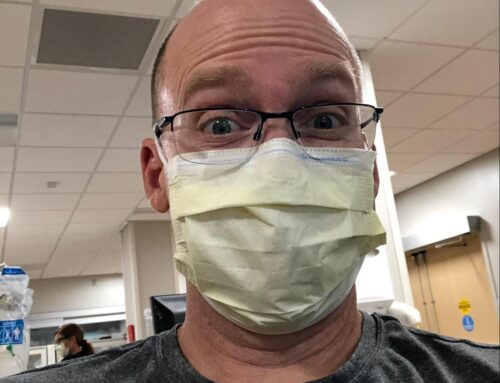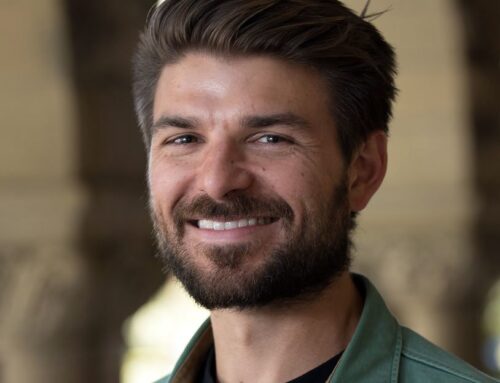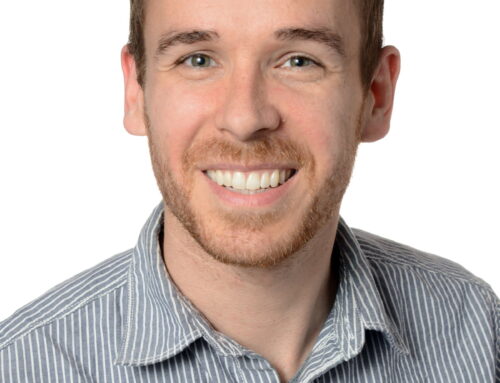Dr. Howard Ovens is an emergency physician and the Chief of the Emergency Department at Mount Sinai Hospital in Toronto. Dr. Ovens takes his personal health and wellness seriously, and is very committed to maintaining his physical fitness. No matter what the challenge or set back is, Dr. Ovens still makes it a top priority to keep his wellness in mind. Here’s how he stays healthy in EM!
- Name: Howard Ovens

- Location: Toronto, Ontario
- Current job(s): Chief, Department of Emergency Medicine, Mount Sinai Hospital, Toronto; Central LHIN Lead and Ontario Expert Lead, Emergency Medicine
- One word that describes how you stay healthy: SERIOUS
- Primary behavior/activity for destressing: EXERCISE
What are the top 3 ways you keep healthy?
I used the word “serious” as I think everyone should take maintaining good health seriously. Unfortunately, emergency physicians are especially at risk due to shift work and need to compensate thoughtfully and deliberately. So my top 3 strategies are exercise, nutrition, and exercise. Oops, sorry, exercise, exercise, and exercise.
What’s your ideal workout?
I lift weights with my trainer twice a week and do a cardio program he assigns twice a week. I do my cardio on a stationary bike because I had a total hip replacement last fall and I haven’t been able to run for years. Weights/resistance training is increasingly important with age, especially men of a certain age, as once we lose muscle mass it’s increasingly harder to get it back.
Do you track your fitness? How?
I don’t use any formal tracking, but like to keep an eye on personal bests in a few routines and see where I’m at in comparison (I’m 61, have had osteoarthritis in my hip limiting my activity for ~ 10 years, but I have a 235 PB in the bench and 15 chin-ups, not bad!). My fitness was key to my preparation for my hip replacement and I really sailed through the experience.
How do you prepare for a night shift? How do you recover from one?
I don’t do full nights any more. I still do casino nights (21-04) and prepare for them like I did for nights; I get up early that morning and keep active, maybe have a workout so I’m tired in the afternoon and can nap. I darken the room and have a nap from ~ 16-18:00, then get up and try to emulate my morning routine including eating breakfast and showering.
How do you avoid getting “hangry” (angry due to hunger) on shift?
I bring two snacks with me!
How do you ensure you are mentally in check?
Hmm… nothing all that specific, except try to get enough sleep and catch up on it every few days when I’m behind. A cold shower is great on a sleepy morning and pays lots of other benefits! (See “Four Hour Body” for a full discussion).
What are the biggest challenges you face in maintaining a longstanding career in EM? How do you address these challenges?
Overall shift work is the hardest part. For me, developing my academic / administrative career kept me engaged, stimulated, and allowed me to reduce my burden of unsocial shifts over time. I also ensure I live within my means, so I don’t feel the financial pressure to work harder on top of everything else.
Best advice you have received for maintaining health?
Try reading the books; “Four Hour Body” and “Younger Next Year”, both of these books really gave me some important strategies I continue to use.
Who would you love for us to track down to answer these questions?
Tim Rutledge
Catherine Varner
Andrew Affleck




